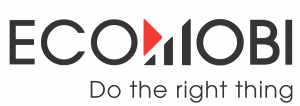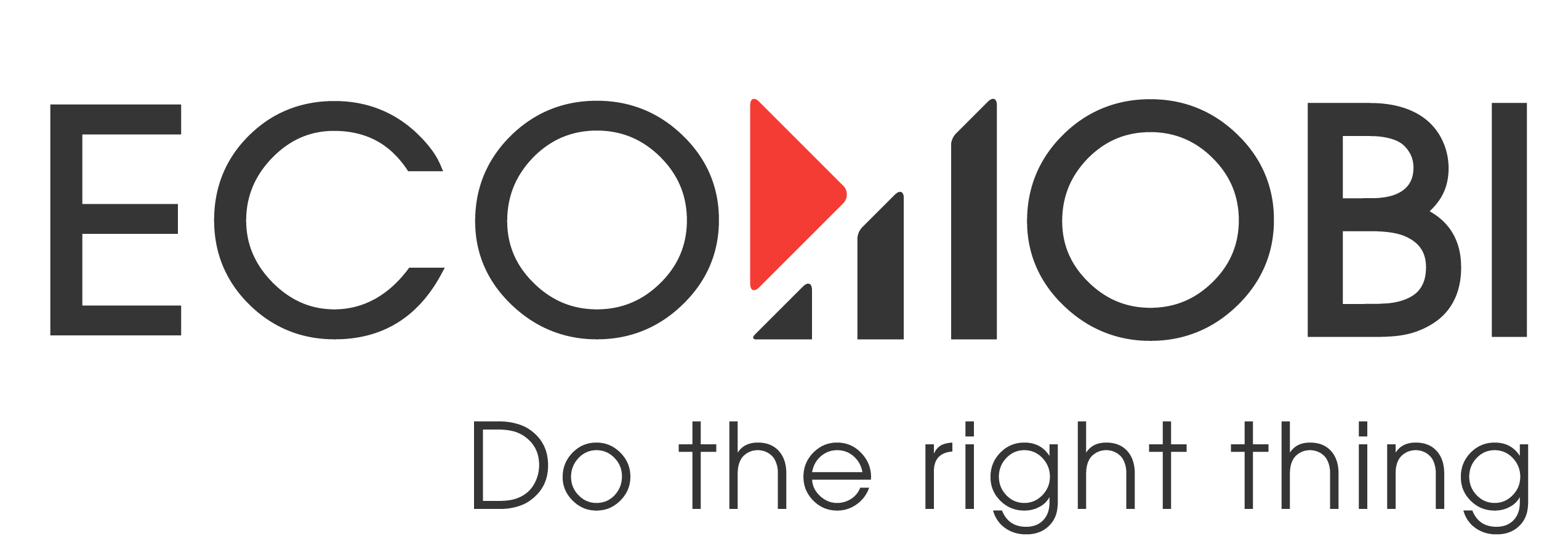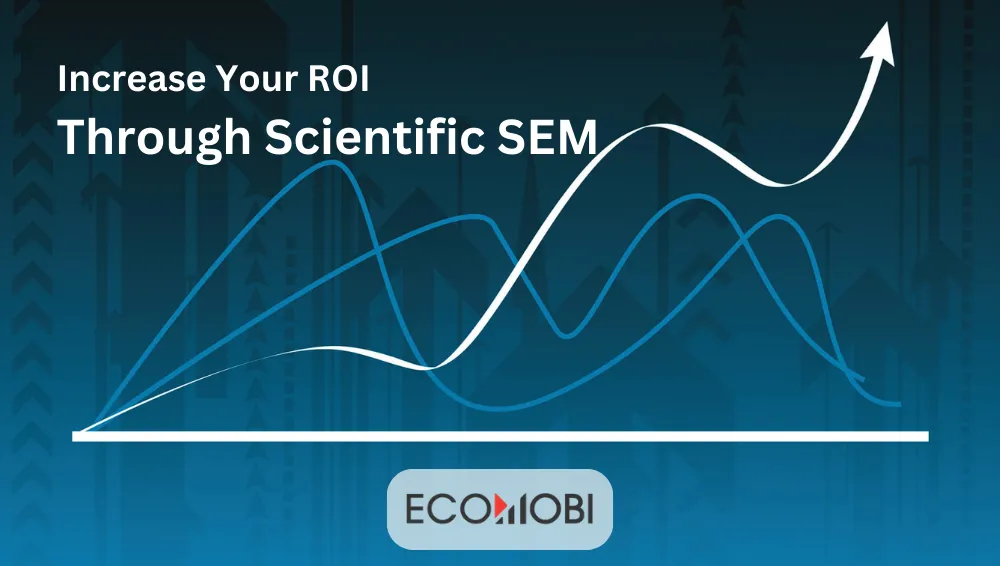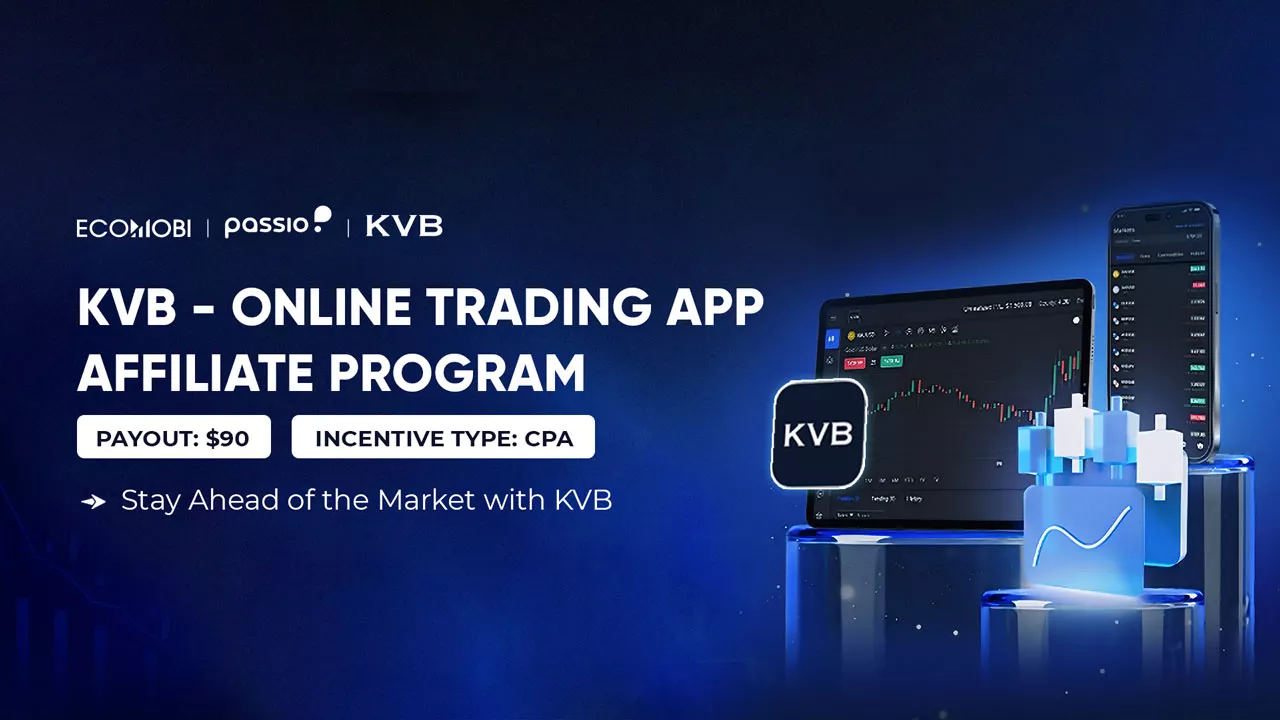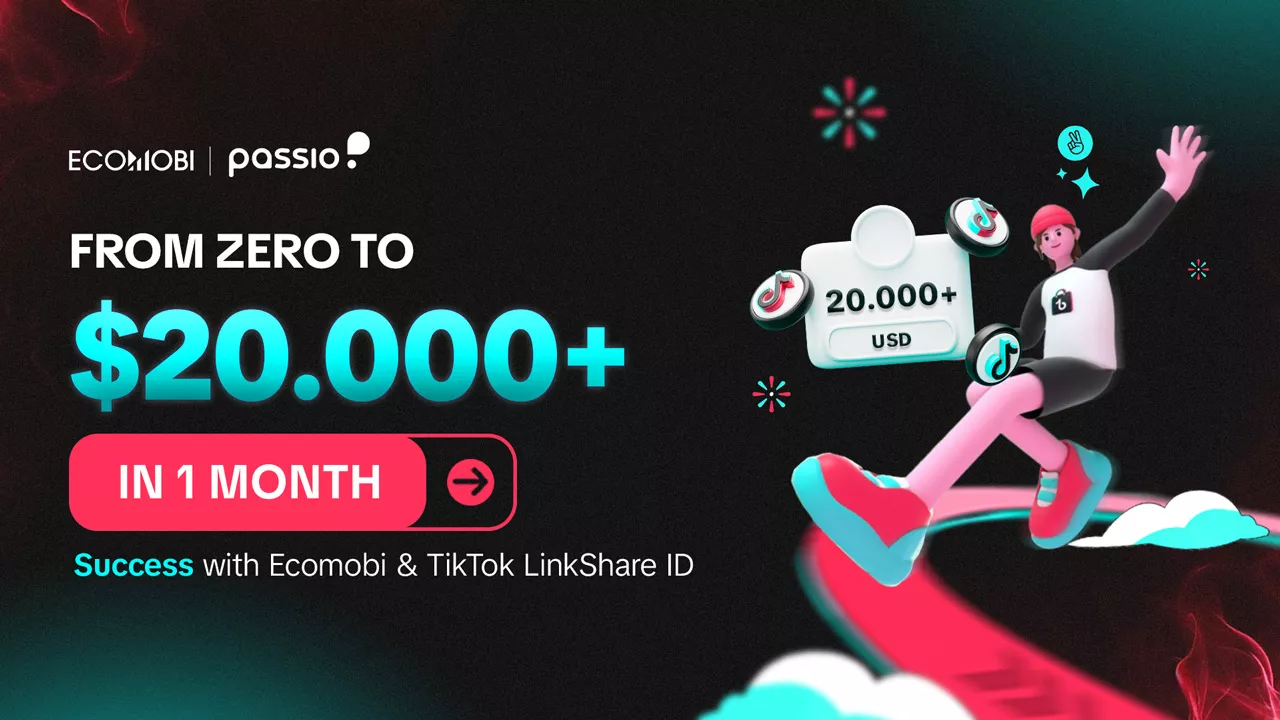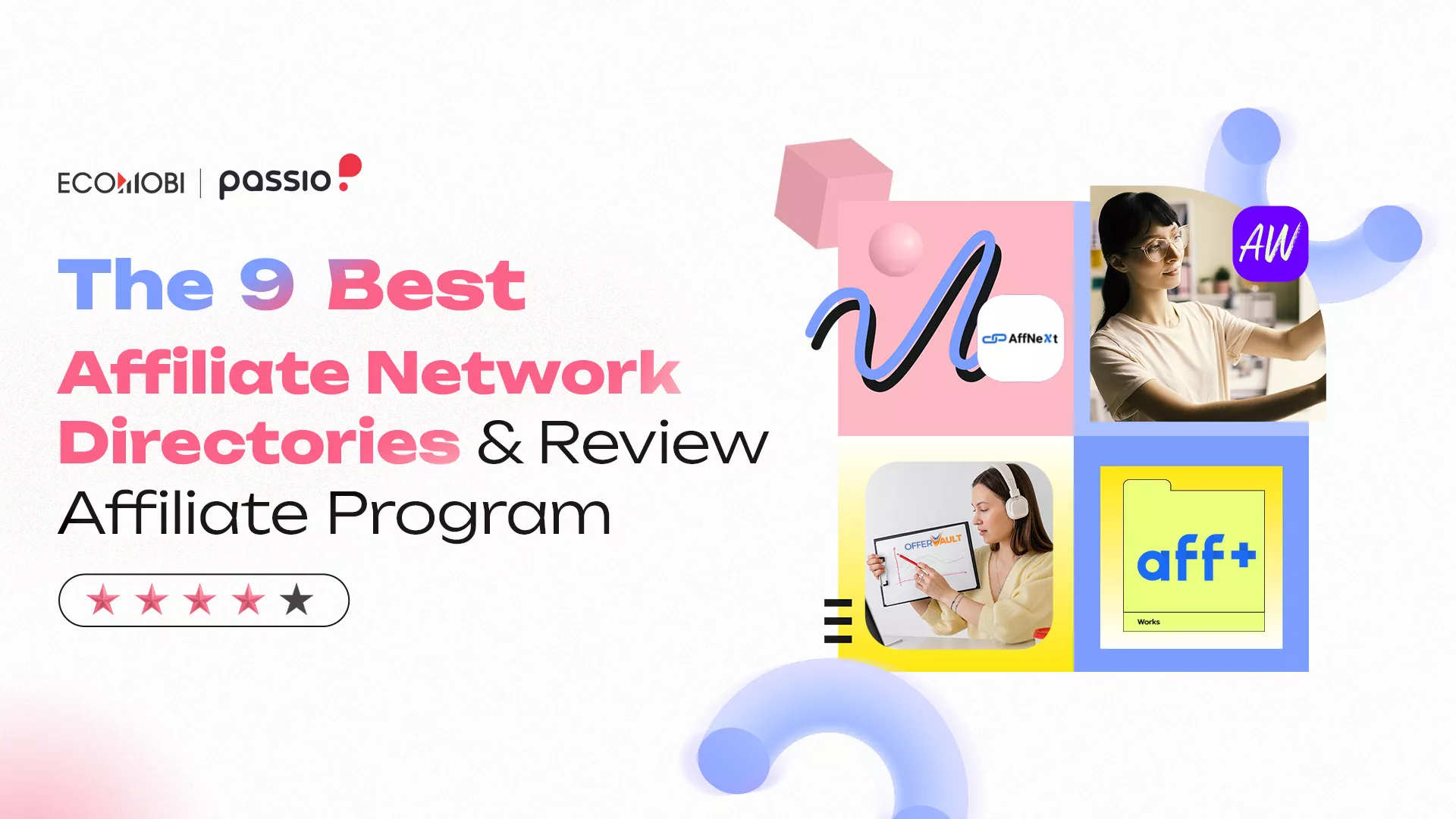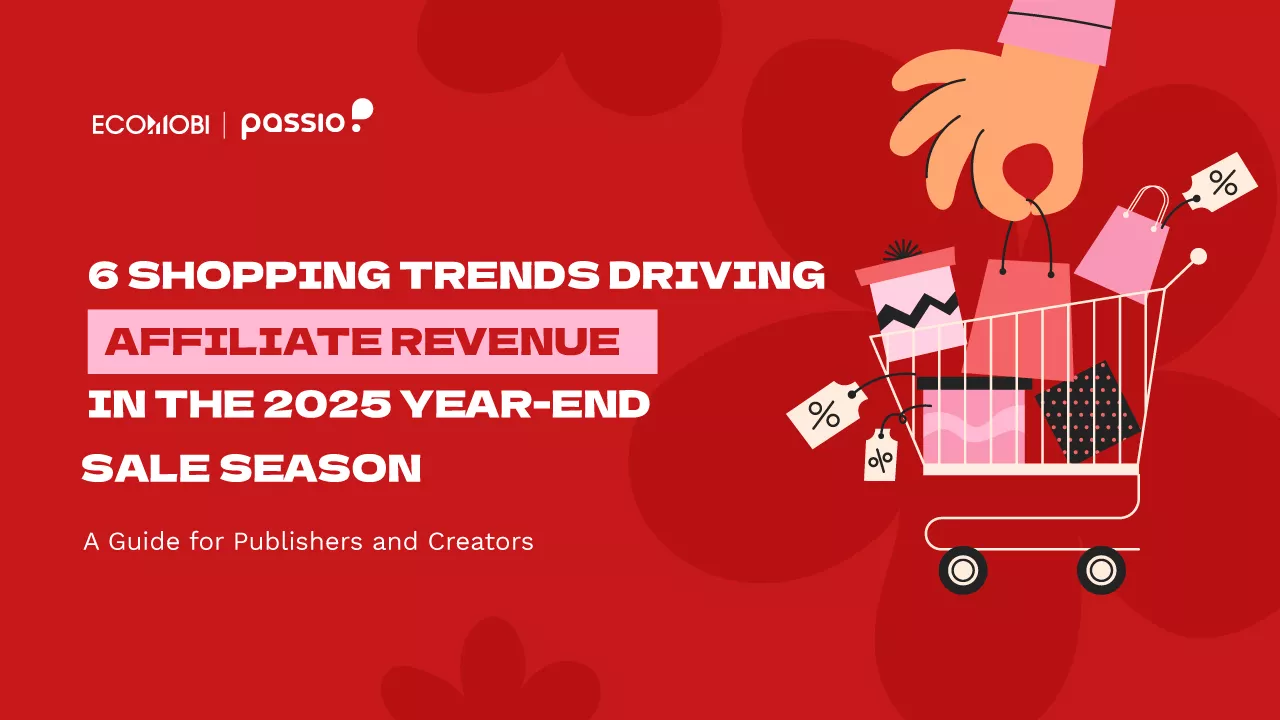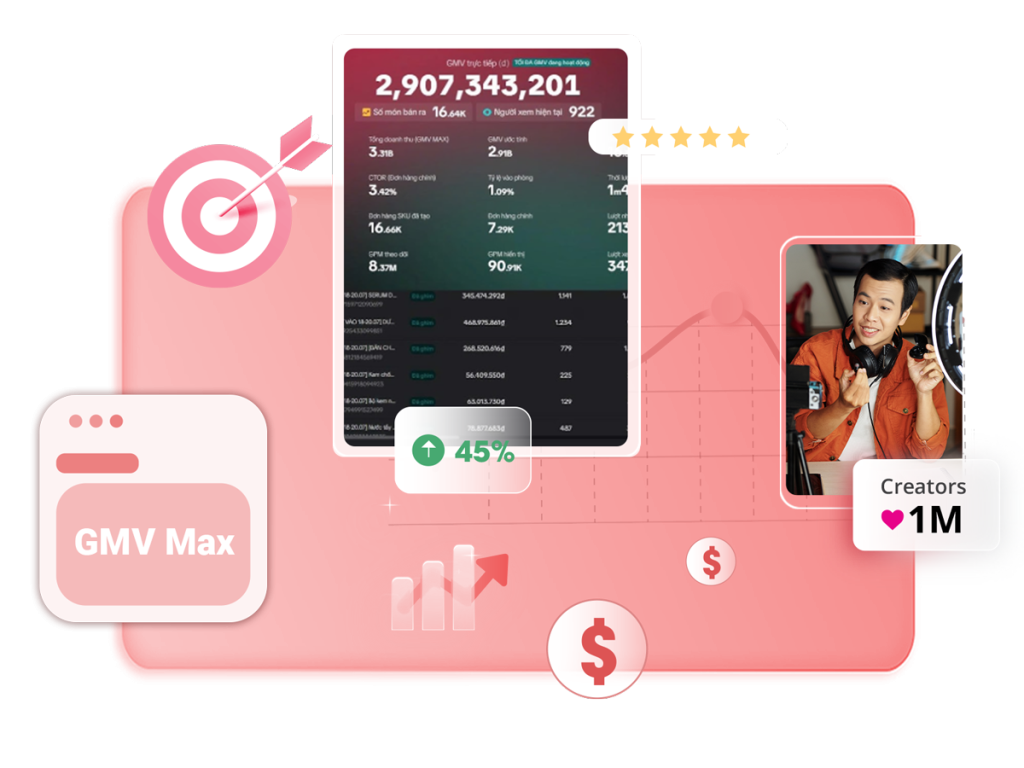Search engine marketing (SEM) is a powerful tool for driving traffic and generating leads. But if you’re not approaching SEM with a scientific mindset, you’re leaving money on the table. Scientific SEM is all about using data and experimentation to optimize your campaigns and maximize your ROI.
In this post, we’ll explore what scientific SEM is, the reasons why it is important, and the key components of this framework.
Let’s explore!
What is Scientific SEM?

Scientific SEM is a methodology that applies the principles of the scientific method to your SEM efforts. It’s a data-driven approach where you:
- Hypothesize: Formulate educated guesses about what will improve your campaign performance.
- Test: Run experiments to gather data and validate (or disprove) your hypotheses.
- Analyze: Scrutinize the data to identify trends, patterns, and insights.
- Refine: Adjust your campaigns based on your findings.
- Repeat: Continuously iterate and improve your strategies.
This iterative cycle of testing and learning ensures that your campaigns are always evolving and improving, ultimately leading to better ROI.
Why Data-Driven SEM is Crucial

In the fast-paced and competitive landscape of SEM, data isn’t just a nice-to-have; it’s an absolute necessity. A data-driven approach equips you with a treasure trove of actionable insights:
- Keyword Performance: Understand which keywords are driving the most valuable traffic and conversions, allowing you to focus your efforts where they matter most.
- Ad Effectiveness: Gain clarity on which ads resonate with your target audience, enabling you to fine-tune your messaging and creative for maximum impact.
- Landing Page Optimization: Uncover how well your landing pages convert visitors into customers, identifying areas for improvement and enhancing the user experience.
- Audience Behavior: Delve into the demographics, interests, and behaviors of your most profitable audience segments, tailoring your campaigns for optimal engagement.
With these insights at your disposal, you can make precise, data-backed adjustments to your SEM campaigns. This eliminates wasteful spending, ensures your budget is allocated effectively, and ultimately drives a significant boost in your ROI.
The Scientific SEM Framework: A Data-Driven Approach to Boosting ROI
A scientific approach that leverages data and analysis can significantly enhance your Return on Investment (ROI). Let’s explore the key components of this framework:
Keyword Research: The Bedrock of Your Campaigns
Comprehensive keyword research forms the bedrock of any successful SEM campaign. It goes beyond simply identifying relevant keywords; it’s about understanding the nuances:
- Long-tail Keywords: These longer, more specific phrases may have lower search volumes but attract highly qualified leads who are closer to making a purchase decision.
- Negative Keywords: Identifying and excluding irrelevant search terms prevents your ads from being shown to users who aren’t interested in your offerings, saving your budget and improving ad relevance.
- Search Intent: Grasping the intent behind a user’s search query allows you to tailor your ads and landing pages to precisely match their needs, increasing the chances of conversion.
Ad Creation and Optimization: Compelling & Relevant Messaging

Creating ads that capture attention and drive clicks is an art and a science. It involves:
- Compelling Ad Copy: Crafting clear, concise, and persuasive ad copy that highlights the unique benefits of your products or services.
- Ad Extensions: Leveraging sitelink, call, location, and other extensions to provide additional information and encourage users to interact with your ads.
- Quality Score: Ensuring a high-quality score, a metric used by search engines to assess the relevance and quality of your keywords, ads, and landing pages.
Continuous ad optimization, based on performance data, is crucial. A/B testing different ad variations allows you to identify the most effective combinations and refine your messaging over time.
Landing Page Optimization: The Gateway to Conversion
Your landing page is where the magic happens – the point at which a click becomes a conversion. Optimizing this crucial step involves:
- Relevance: Ensuring the landing page content aligns perfectly with the user’s search intent and the promises made in your ad.
- Clear Calls to Action (CTAs): Guiding visitors towards a specific conversion goal with persuasive and prominent CTAs.
- A/B Testing: Experimenting with different landing page elements, such as headlines, layouts, images, and CTAs, to identify the most effective combinations.
A well-optimized landing page creates a seamless user journey, reducing friction and increasing the likelihood of conversions.
Bid Management: Balancing Cost and Performance
Effective bid management is about finding the sweet spot between maximizing visibility and controlling costs. You have several strategies at your disposal:
- Automated Bidding: Utilizing algorithms to adjust bids based on predefined goals, such as maximizing clicks or conversions.
- Manual Bidding: Setting bids based on individual keyword performance and adjusting them manually based on your insights.
- Strategic Bidding: Combining automated and manual bidding to tailor your approach for specific campaigns or keywords.
Regular bid adjustments are essential to maintain competitiveness in auctions and ensure your ads are seen by the right people at the right time.
Performance Tracking and Analysis
Track and analyze key performance indicators (KPIs) such as:
- Click-through rate (CTR)
- Conversion rate
- Cost per click (CPC)
- Cost per acquisition (CPA)
Use these insights to identify trends, understand what’s working, and make data-driven adjustments to your campaigns.
Continuous Improvement
Scientific SEM is an ongoing process. Regularly review your data, experiment with new strategies, and iterate your campaigns to achieve continuous improvement.
The Benefits of Scientific SEM

By adopting a scientific approach to SEM, you can:
- Reduce wasted ad spend: Optimize targeting and bidding to focus on the most profitable keywords and audiences.
- Increase ROI: Maximize conversions and revenue by continuously refining your campaigns based on data.
- Gain competitive advantage: Make smarter decisions based on data-driven insights, staying ahead of the competition.
- Improve campaign efficiency: Automate repetitive tasks and focus on strategic planning and optimization.
Conclusion
Scientific SEM empowers businesses to take a proactive, data-driven approach to search engine marketing. By embracing experimentation, analysis, and continuous improvement, you can unlock the full potential of your SEM campaigns and achieve remarkable results.
Contact us, Ecomobi:
– Fanpage: https://www.facebook.com/ecomobi.ssp
– Instagram: https://www.instagram.com/ecomobi_ssp
– Tiktok: https://www.tiktok.com/@ecomobipassiovietnam
